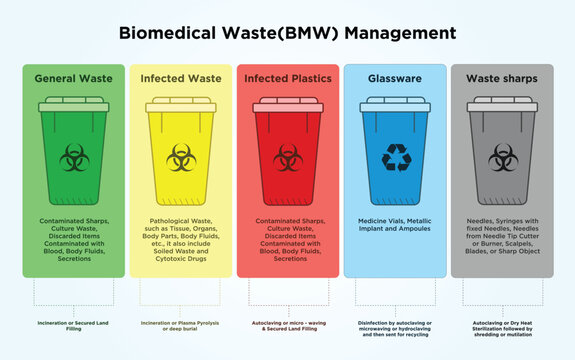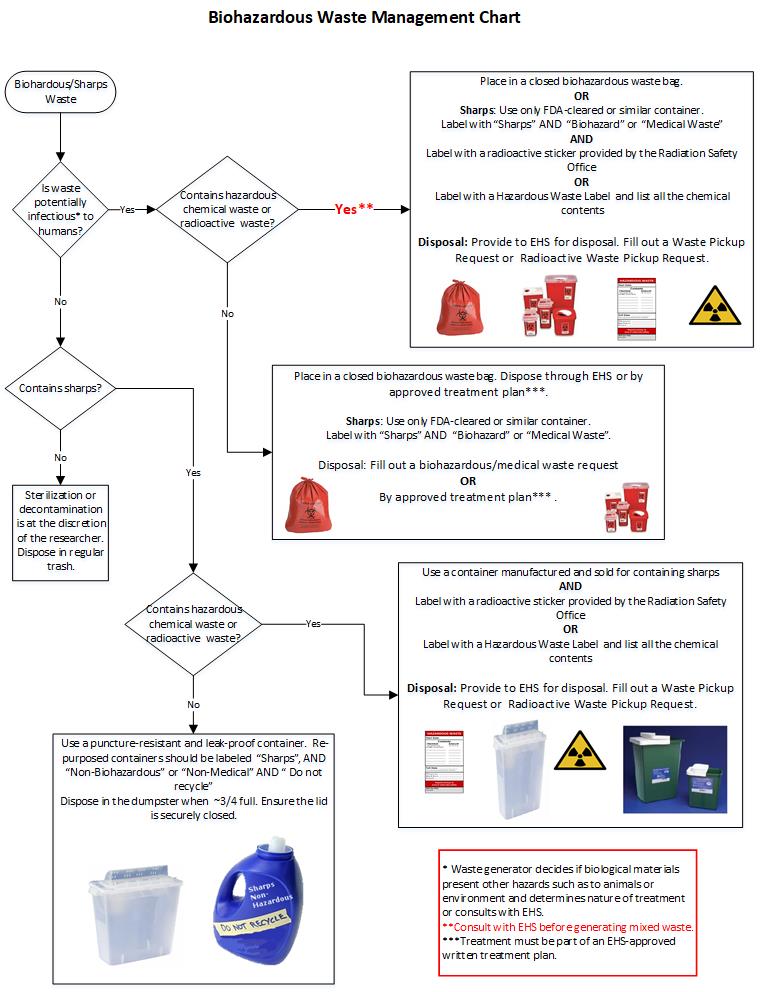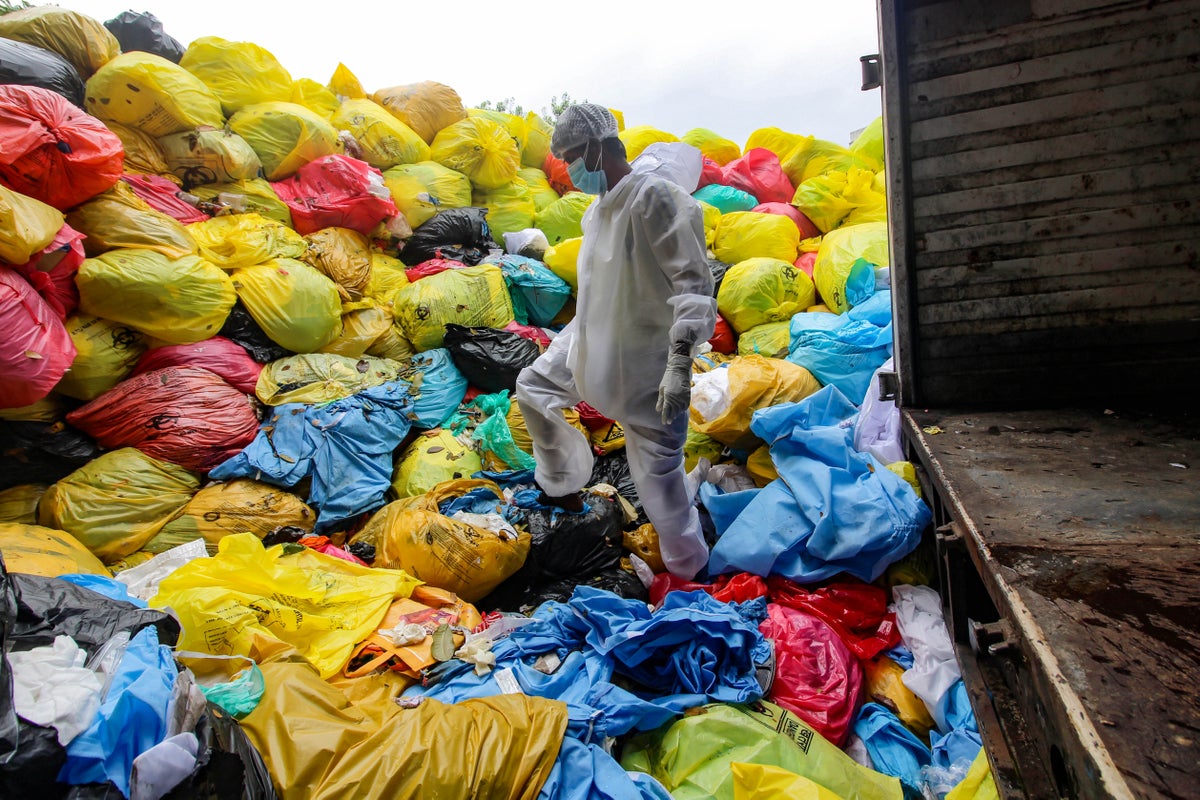Eco-Friendly Solutions for Medical Waste Removal: Prioritizing Safety and Conformity
Making Sure Safe Handling and Disposal of Medical Waste
Guaranteeing risk-free handling and disposal of clinical waste is of extremely important significance in health care settings. Incorrect administration of medical waste can present considerable threats to the atmosphere, public health, and health care workers. This necessitates adherence to strict guidelines and protocols for its risk-free handling and disposal. In this introduction, we will certainly check out the importance of proper medical waste administration, the risks connected with incorrect handling and disposal, in addition to the guidelines and techniques that can be carried out to guarantee its secure disposal. In addition, we will certainly review the importance of training and education for health care specialists in order to maintain a secure and tidy healthcare setting. By complying with these techniques, we can effectively reduce the prospective hazards related to clinical waste.
Importance of Correct Clinical Waste Management
Proper medical waste monitoring is of utmost importance in guaranteeing the security and well-being of health care professionals, clients, and the general public. Medical waste refers to any waste produced by healthcare centers during the medical diagnosis, treatment, or immunization of humans or pets. This waste can present serious health and wellness threats otherwise taken care of and taken care of correctly.
Among the key reasons why correct medical waste monitoring is crucial is to avoid the spread of transmittable diseases. Clinical waste, such as made use of needles, infected dressings, and biological products, can bring hazardous microorganisms. If not managed and dealt with properly, these virus can be transferred to health care workers, patients, waste trainers, and also the public, leading to the potential episode of conditions.
Additionally, appropriate medical waste management helps protect the atmosphere - medical waste disposal service. Clinical waste includes hazardous materials, including chemicals, drugs, and contaminated substances. When not handled appropriately, these substances can contaminate dirt, water bodies, and the air, posing a substantial risk to ecosystems and public wellness
Moreover, reliable clinical waste management makes certain compliance with regional regulations and worldwide requirements. Federal governments and regulatory bodies have actually established guidelines and methods to ensure the risk-free handling, storage space, transport, and disposal of clinical waste. Following these laws is necessary to prevent lawful repercussions and maintain the reputation and credibility of medical care centers.
Threats of Improper Handling and Disposal

Individuals can additionally be exposed to these transmittable diseases if clinical waste is not correctly thrown away. If polluted needles or various other sharps are not disposed of in designated puncture-proof containers, they may inadvertently prick individuals, leading to potential infections. If medical waste is not segregated effectively, there is a danger of cross-contamination between different types of waste, further raising the chances of disease transmission.
Inappropriate disposal of medical waste can likewise have harmful impacts on the atmosphere and the general public. If medical waste is not treated and dealt with properly, it can contaminate water sources, dirt, and air, resulting in the spread of contaminants and diseases. This can have long-lasting repercussions on ecosystems and public health and wellness.
Guidelines for Safe Handling of Medical Waste
Implementing efficient methods for the secure handling of medical waste is vital in ensuring the security of medical care experts, people, and the public. These standards are crucial in reducing the threats related to the handling and disposal of clinical waste, such as infections, injuries, and environmental pollution.
First and foremost, healthcare centers need to develop a comprehensive waste management plan that complies with regional, national, and international laws. This strategy needs to include clear guidelines on waste segregation, packaging, labeling, storage space, and transportation. It is crucial to separate different types of waste, such as sharps, transmittable products, drugs, and non-hazardous waste, to stop cross-contamination and promote safe disposal.
Additionally, healthcare employees must get extensive training on proper waste handling techniques. They need to be enlightened on the potential threats of clinical waste, the proper use personal safety equipment (PPE), and the proper treatments for dealing with, moving, and dealing with different kinds of waste.
In addition, healthcare facilities ought to consistently monitor and investigate their waste management techniques to guarantee compliance with standards. This consists of carrying out routine evaluations, assessing waste handling procedures, and supplying responses and training to team member.
Reliable Methods for Garbage Disposal
To make certain the safe handling and disposal of medical waste, it is important to utilize efficient approaches for waste disposal. Medical waste can pose substantial dangers to public health and wellness and the environment otherwise handled and thrown away properly. Medical care facilities and waste monitoring companies have to execute appropriate approaches to mitigate these threats.
One reliable technique for waste disposal is segregation. It entails separating various sorts of medical waste based upon their qualities. Partition enables the correct treatment and disposal of each waste group, lowering the possibility for contamination or damage. Medical care centers ought to supply clear standards and training to team members on exactly how to set apart waste appropriately.

Furthermore, medical care centers ought to collaborate with licensed waste monitoring business to ensure appropriate disposal of medical waste. These companies have the know-how and devices called for to Look At This securely get rid of and deal with of medical waste in compliance with regulations and best techniques.
Training and Education And Learning for Health Care Professionals
Healthcare professionals play an important duty in making sure the secure handling and disposal of medical waste via comprehensive training and education and learning. It is important for doctor to have a deep understanding of the prospective dangers connected with clinical waste and the correct protocols for its administration. By getting proper training, medical care professionals can minimize the prospective transmission of transmittable illness, avoid ecological contamination, and safeguard both themselves and the public.

Furthermore, training programs must highlight making use of personal protective equipment (PPE) and appropriate hand hygiene methods when taking care of medical waste. medical waste disposal. Health care specialists ought to know just how to properly get rid of and make use of of PPE to protect themselves from possible direct exposure to hazardous materials. They must likewise be enlightened on the significance of routine handwashing and the proper use hand sanitizers to lessen the spread of transmittable conditions
Proceeding education and normal updates on clinical waste administration techniques are crucial for healthcare experts. As standards and regulations progress, it is essential to maintain health care carriers notified concerning any changes in procedures and finest methods. This will certainly ensure that they stay current and preserve a high standard of security in getting rid of and handling of clinical waste.
Final Thought
In final thought, correct handling and disposal of medical waste is important to make certain the security of medical care specialists, individuals, and the environment. Overlooking to adhere to guidelines and standards can cause numerous dangers and hazards. Implementing effective techniques for garbage disposal and giving appropriate training and education and learning for medical care specialists are crucial in maintaining a risk-free healthcare atmosphere. By sticking to these practices, we can mitigate the potential threats connected with clinical waste.
Medical waste refers to any waste produced by healthcare facilities throughout the medical diagnosis, treatment, or booster shot of human beings or pets. If clinical waste is not set apart appropriately, there is a risk of cross-contamination between different kinds of waste, additional enhancing the opportunities of illness transmission.
It is crucial to separate different kinds of waste, such as sharps, transmittable products, drugs, and non-hazardous waste, to protect against cross-contamination and promote secure disposal. WasteX Medical Waste Disposal.
To guarantee the risk-free handling and disposal of clinical waste, it is crucial to use effective approaches for waste disposal. In addition, medical care facilities need to establish a routine waste collection and transportation schedule to prevent waste accumulation and minimize the risk of crashes or contamination.